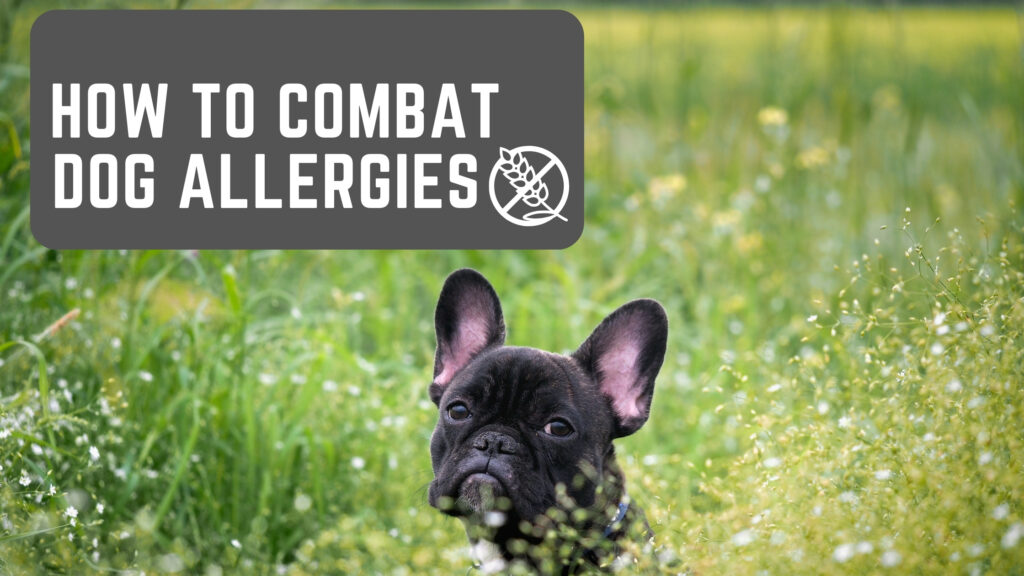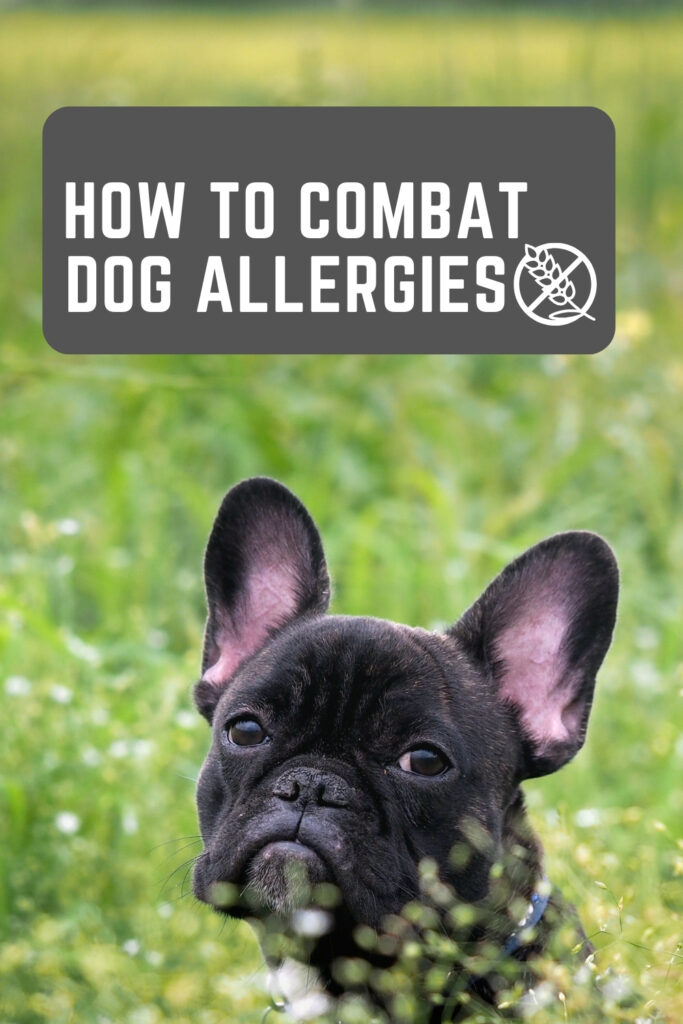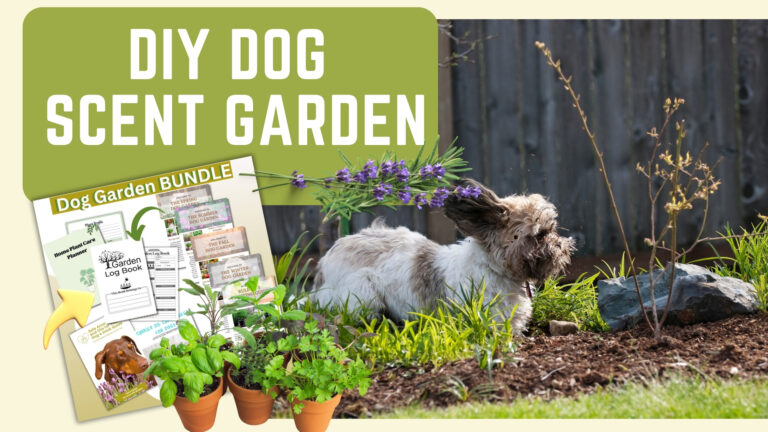How to Combat Dog Allergies
- the LITTLE DOG RETREAT TM
- February 23, 2024
- Comments Off on How to Combat Dog Allergies

Allergy Season and Your Dog: Tips for Managing Seasonal Allergies
As the seasons change and flowers bloom, many of us look forward to warmer weather and outdoor activities. However, for some dogs, the arrival of spring brings with it the dreaded allergy season. Just like humans, dogs can suffer from seasonal allergies, which can cause discomfort and distress. In this blog post, we’ll explore the common triggers of seasonal allergies in dogs and provide tips for managing them effectively. Additionally, we’ll focus on the most common allergies for little dogs and offer practical advice to help your furry friend stay comfortable and healthy all year round.
Understanding Seasonal Allergies in Dogs: Seasonal allergies, also known as atopic dermatitis or canine hay fever, occur when a dog’s immune system overreacts to allergens present in the environment. These allergens can include pollen, grass, mold, and dust mites, among others. When exposed to these triggers, dogs may experience a range of symptoms, including itching, redness, inflammation, sneezing, and watery eyes. In severe cases, allergies can lead to secondary skin infections and discomfort for your pet.
Common Seasonal Allergies for Little Dogs: While dogs of all sizes can be affected by seasonal allergies, certain breeds, such as little dogs, may be more prone to specific allergens. The most common seasonal allergies for little dogs include:
-
Pollen Allergies: Pollen from trees, grasses, and weeds is a common trigger for seasonal allergies in dogs. Little dogs, such as Yorkshire Terriers and Maltese, may be particularly sensitive to pollen due to their small size and proximity to the ground.
-
Grass Allergies: Grass pollen can cause allergic reactions in dogs, leading to itching, scratching, and skin irritation. Little dogs that spend a lot of time outdoors, such as Chihuahuas and Shih Tzus, may be exposed to grass allergens more frequently.
-
Dust Mite Allergies: Dust mites are microscopic organisms found in household dust, bedding, and upholstery. Little dogs that spend time indoors, such as Pomeranians and Toy Poodles, may be at higher risk of dust mite allergies due to their close proximity to indoor environments.
Tips for Managing Seasonal Allergies in Little Dogs: Fortunately, there are several steps you can take to help manage your little dog’s seasonal allergies and keep them comfortable during allergy season:
-
Regular Grooming: Regular grooming is essential for managing seasonal allergies in little dogs. Bathe your pet frequently with a gentle, hypoallergenic shampoo to remove allergens from their fur and skin. Additionally, brushing your dog’s coat regularly can help reduce shedding and minimize allergen exposure.
-
Allergy Testing: If you suspect that your little dog is suffering from seasonal allergies, consider scheduling an allergy test with your veterinarian. Allergy testing can help identify specific allergens that may be triggering your pet’s symptoms, allowing for targeted treatment and management strategies.
-
Environmental Management: Take steps to minimize your little dog’s exposure to allergens in the environment. Keep your home clean and free of dust, pollen, and other allergens by vacuuming regularly, washing bedding frequently, and using air purifiers. Additionally, consider limiting your dog’s outdoor activities during peak pollen seasons and avoiding areas with high grass or weeds.
-
Dietary Changes: Certain dietary supplements, such as omega-3 fatty acids and antioxidants, may help support your little dog’s skin health and reduce inflammation associated with allergies. Talk to your veterinarian about incorporating supplements into your pet’s diet to help manage seasonal allergies.
-
Medication and Treatment: In severe cases of seasonal allergies, your veterinarian may recommend medications or treatments to help alleviate your little dog’s symptoms. Antihistamines, corticosteroids, and allergy shots are commonly prescribed to help reduce itching, inflammation, and allergic reactions in dogs. Follow your veterinarian’s recommendations closely and monitor your pet for any adverse reactions to medication.
Seasonal allergies can be a source of discomfort and frustration for little dogs and their owners. By understanding the common triggers of seasonal allergies and implementing proactive management strategies, you can help your furry friend stay comfortable and healthy all year round. From regular grooming and environmental management to dietary supplements and medication, there are many options available for managing seasonal allergies in little dogs. Consult with your veterinarian to develop a personalized treatment plan that meets your pet’s individual needs and helps them enjoy a happy, itch-free life.




